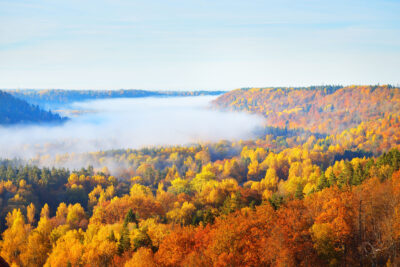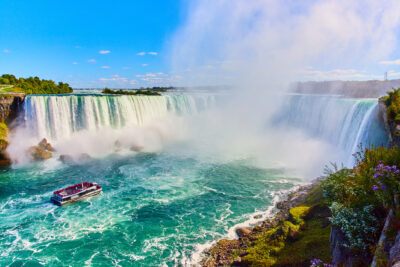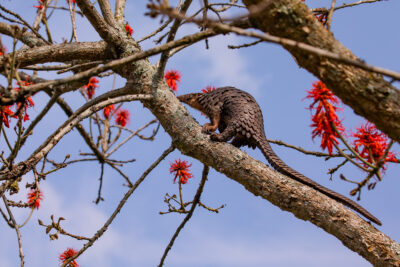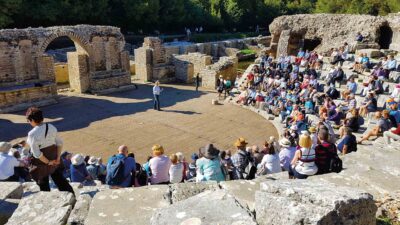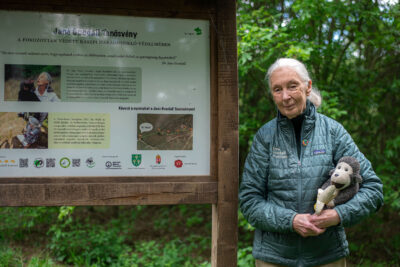
Liz Bonnin on super-smart animals
TV presenter Liz Bonnin explains why talking to a bonobo ape was probably the most interesting conversation she has ever had
Liz Bonnin has presented some of the BBC’s most popular programmes, including Autumn Watch, Springwatch and Bang Goes The Theory. Most recently she presented Stargazing Live from South Africa. She has a Masters in Wild Animal Biology from the Zoological Society of London.
Liz talks to Peter Moore about her new series, Super Smart Animals, where she travelled the world researching animal intelligence.
Tell us about your new programme, Super Smart Animals.
I was fortunate enough to be asked to travel the world in search for the planet’s most intelligent animals. I discovered that animals are far more clever than we once thought, matching us in the capabilities we used to believe set humans apart from other animals; like tool use, language, planning ahead and emotional intelligence. Some are also capable of intellectual feats that humans cannot beat, something I experienced for myself when a chimpanzee beat me in a memory test!
Animal intelligence is a subject that has always fascinated me, particularly since I completed my Masters in wild animal biology, so it was a dream job for me to meet the scientists at the cutting edge of research that’s only just beginning to reveal the true extent of intelligence in other species.
Where did your travels take you to?
I travelled everywhere – Mexico, Nevada, Alaska, Seattle, Honduras, St Kitts, Botswana, Germany, Japan… The list goes on. The world is such a wonderful place, there are so many things going on in nature that we have no idea about as we go about our daily lives. It was a real privilege to be witness to some of them as part of my job.
What were the highlights?
It’s difficult to pick them because as we surrounded ourselves with the next species of interest they would immediately become my favourites.
The humpback whales of Alaska were incredible, as they came together in large groups around our RIB to feed on herring. They create a net of bubbles from their blowholes to trap the fish. We put a hydrophone into the water to hear the beautiful, almost ghostly high-pitched feeding calls of the whales as they herded the fish to the surface and then emerged with mouths open like giant mussel shells to feed. It is a spectacular, highly complex and synchronised behaviour that demands great brain power.
The elephants of the Okovango Delta in Botswana are also ingrained in my memory forever. A huge herd surrounded us at twilight one evening and one particular female and I locked eyes for what seemed like eternity, she reacted to every tiny movement of mine and it was so plainly obvious how intelligent she was. These animals remember places they have visited only once in their lifetimes, often up to 40 years ago, and somehow know how to find them again across the vast inhabitable landscape. Scientists are proving that they exchange this knowledge of specific places and the time of year when food is available, not only when they meet but also across hundreds of miles in a way that remains to be explained.







